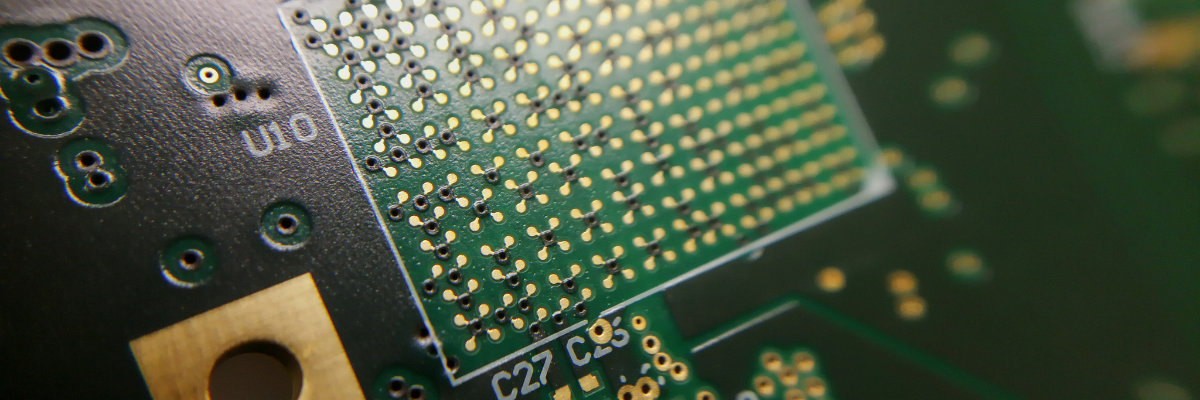Turnkey vs Consignment Manufacturing – Which Is Best for Electronics and Design Solutions?

Turnkey vs Consignment Manufacturing – Which Is Best for Electronics and Design Solutions?
With the increasing demand for miniature, high-speed, and performance-oriented devices, the demand for complex circuit boards has also risen. This upgrade in the processes, systems, and operations increases the demand for equally complex circuit boards' assemblies. Some PCB manufacturers and assembly service providers opt for end-to-end electronic solutions, while some may have their designs ready with the availability of some parts. Thus, they require customized PCB fabrication services. These PCB manufacturing and assemblies are called turnkey and consignment manufacturing. Both aspects may serve their purpose differently in meeting the specified requirements. Are you intrigued to know these two PCB manufacturing techniques? How are they differentiated from each other? This post discusses the same in detail.
What is the Difference Between Turnkey and Consignment Manufacturing?
Turnkey and consignment manufacturing are two distinct PCB manufacturing approaches, each with its own set of advantages and considerations. The below-listed pointers help you distinguish them from each other.
-
Ownership of Materials and Components: In turnkey, the manufacturer is fully responsible for sourcing the required materials and components for production. The client provides the requirements and specifications of these materials. The manufacturer handles the whole process. On the other hand, in consignment manufacturing, the client provides the materials and components to the manufacturer for production. The manufacturer is responsible for offering labor, equipment, and expertise for the assembly of these products.
-
Responsibility and Risk: In the turnkey approach, the manufacturer assume the risks associated with materials and components, such as procurement, quality control, and any potential issues. In consignment manufacturing, the client retains ownership of components and materials throughout the production process. This means the client bears the risk of material damage or loss until the product is completed.
-
Control and Oversight: In case of turnkey, clients have minimal or zero direct control over the production process as they rely on the manufacturer to handle procurement and execution. However, they can specify quality standards and provide oversight. In contrast to this, the client can oversee the production processes closely in case of consignment manufacturing. Client has a control in terms of the materials, quality standards, and production processes.
-
Flexibility and Customization: In turnkey, the manufacturer sources the required material based on the predefined specifications. Thus, the client may have limited access to customization and flexibility. Conversely, in consignment, the client has more flexibility to modify materials, components, and production processes during the manufacturing process.
-
Project Management Complexity: Project management may be simpler for clients in turnkey manufacturing as they only need to focus on product specifications and final acceptance criteria. In consignment manufacturing, however, project management can be a bit more complex as the client needs to coordinate production schedules, material supply, quality control, and so on with the manufacturer.
-
Cost Structure: In turnkey, clients pay a lump sum or periodic payments for the entire production process. Although this involves higher upfront costs; it simplifies financial planning and risk management. In consignment, clients benefit from low upfront costs as they provide the materials. They may incur additional expenses for transportation, quality control, material management, and so on.
The selection between turnkey and consignment manufacturing should be based on various factors, such as careful assessment of the client's needs, business goals, and more. By understanding the benefits and challenges of each approach, the client can make informed decisions that optimize quality, efficiency, and cost effectiveness in bringing electronic products to the market. Today, several manufacturers in the market specialize in providing turnkey and consignment PCB assemblies. However, most of them need more guarantees about their precision and quality. Twisted Traces is a reliable and experienced player in this segment. The company offers quality turnkey and consignment PCB assembly services globally, and mainly in the United States.
Related Posts: https://www.twistedtraces.com/blog/five-ways-turnkey-pcb-assembly-is-set-to-benefit-your-project

